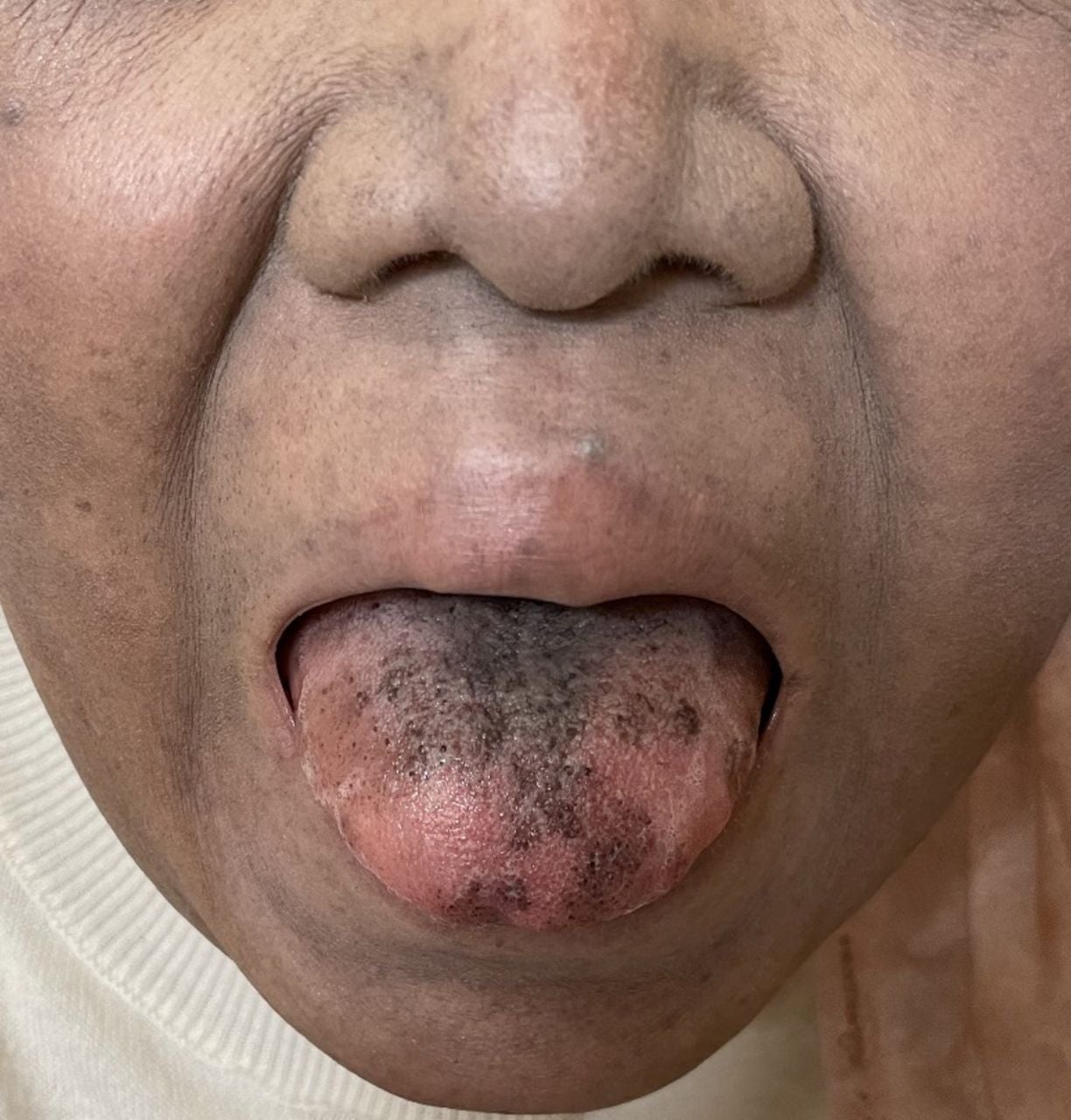Cancer patient’s tongue turned black and hairy ‘after rare antibiotics reaction’
The sixty-year-old patient’s face skin also turned grey, doctors say

Your support helps us to tell the story
From reproductive rights to climate change to Big Tech, The Independent is on the ground when the story is developing. Whether it's investigating the financials of Elon Musk's pro-Trump PAC or producing our latest documentary, 'The A Word', which shines a light on the American women fighting for reproductive rights, we know how important it is to parse out the facts from the messaging.
At such a critical moment in US history, we need reporters on the ground. Your donation allows us to keep sending journalists to speak to both sides of the story.
The Independent is trusted by Americans across the entire political spectrum. And unlike many other quality news outlets, we choose not to lock Americans out of our reporting and analysis with paywalls. We believe quality journalism should be available to everyone, paid for by those who can afford it.
Your support makes all the difference.The tongue of a cancer patient turned black and hairy, likely as a result of a rare reaction to antibiotics used in her treatment doctors say.
The Japanese woman in her sixties was battling rectal cancer and had been undergoing chemotherapy for fourteen months following surgery. She had been taking the medication to counteract the side effects the treatment.
The affected area was described as a “brownish-black patch” with “prominent hair-like” growths and was said to be painful, the British Medical Journal reports.
As well as affecting her tongue the patient also developed grey skin on her face, doctors say.
Her treatment included the cancer drug panitumumab plus the antibiotic minocycline to prevent the panitumumab from causing skin lesions.
The woman was sent in for treatment for hepatitis B when she was diagnosed with drug-induced hyperpigmentation and a black hairy tongue (BHT).
BHT is a harmless condition often associated with poor oral hygeine.
However, the condition can also occur as a reaction to various drugs including a wide-range of antibiotics. Doctors concluded that the condition was most likely caused by minocycline.
While panitumumab could also have caused the condition, doctors decided that the antibiotic was a more likely culprit as the grey skin on her face was characteristic of minocycline-induced skin damage, according to the British Medical Journal case report.
The patient was taken off minocycline and prescribed a new combination of drugs. Six weeks later, her facial pigmentation and BHT had improved markedly.
While it can look unpleasant BHT is temporary and harmless.
The strange look is usually caused by a build-up of dead skin cells on the papilla — tiny raised protrusions on the surface of the tongue that contain taste buds.
As well as some antibiotics and poor oral hygiene the condition can also be triggered by tobacco, alcohol, and irritating mouthwashes.
Treatments include good oral hygiene, stopping smoking, brushing with a soft toothbrush, and eating fresh pineapple.



Join our commenting forum
Join thought-provoking conversations, follow other Independent readers and see their replies
Comments